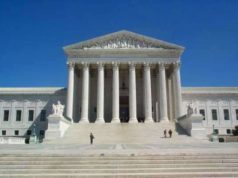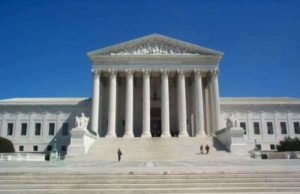
Williams v. North Carolina (1942): The Background
The United States Supreme Court Case of Williams v. North Carolina (1942) deals with divorce. The case of Williams v. North Carolina (1942) was argued on October 20th of 1942 and decided on December 21st of 1942.
In 1942, the United States was a far more conservative place than it is today. During the middle of the 20th century divorce was regarded as taboo. The case of Williams v. North Carolina (1942) begins when Mr. Williams married Carrie Wyke in North Carolina in 1920. In June of 1940, the couple moved to Las Vegas, Nevada where they filed for a divorce. Mr. Williams was served with a decree of divorce petition in August of 1940 on the grounds of extreme cruelty. During the divorce process the court found that the filer (the wife in this instance) was a bona fide resident of the County of Clark in the State of Nevada.
It was not until the 4th of October in 1940 until Ms. Hendrix was declared divorced on the grounds of extreme cruelty and willful neglect. On the very next day, the two married in Las Vegas, Nevada. Soon after this marriage, they returned to North Carolina where they lived as man and wife until a lawsuit was filed against them.
The couple was prosecuted under the North Carolina law for bigamous cohabitation (polygamy). The couple pleaded not guilty by offering copies of the Nevada divorce petition and argued that the divorce documents and their Nevada marriage were legal in both North Carolina and Nevada. The state of North Carolina; however, argued that since neither of the individuals, when processing the divorce, were true residents of the state of Nevada.
Williams V. North Carolina (1942):
The Supreme Court of the State of North Carolina, in affirming the lower court’s judgment, declared that the state of North Carolina was not required to recognize the Nevada divorce under the full faith and credit clause of the Constitution.




























